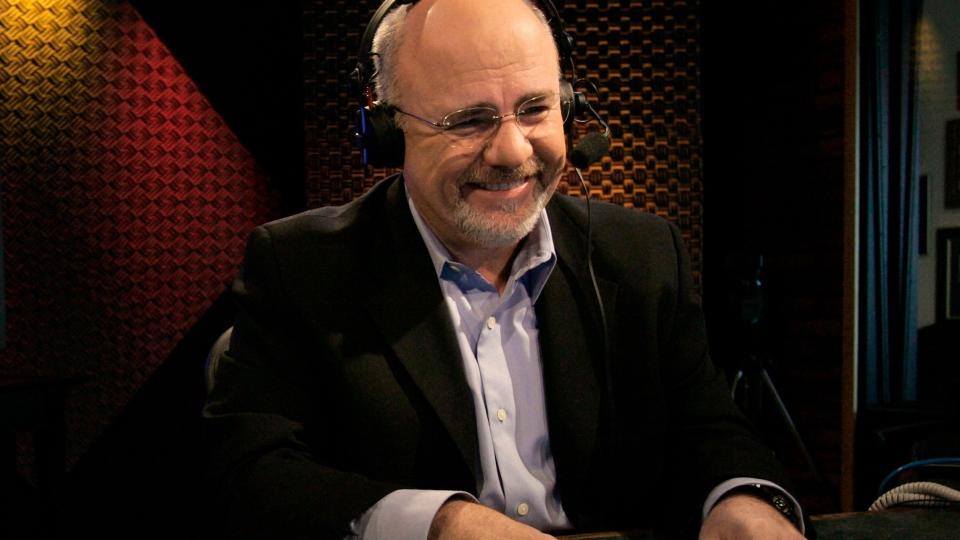Dave Ramey’s Credit Score Is Shockingly Low — How Do High Earners End Up With Terrible Credit?

A low or no credit score is a problem, but it’s not as important for high-income earners. Even finance guru Dave Ramsey says he “let his score drop to zero,” but this isn’t possible for the average person.
Learn: With Student Loan Forgiveness At Risk, Is a ‘Forever’ Payment Pause Possible?
Discover: 3 Signs You’re Serious About Raising Your Credit Score
Although Ramsey states that he let his credit score fall to zero, this isn’t actually accurate, The Ascent, a Motley Fool service, reported. In reality, a “zero” credit score is 300, the lowest a FICO credit score can go.
Once you borrow money from a lender or open a credit card, a credit file is opened and credit reporting agencies assign a score. A low credit score makes it harder to borrow, whether it’s for a car, mortgage or qualifying for a credit card. The Ascent noted that Ramsey’s credit score is low because he’s anti-debt and doesn’t borrow. However, his high net worth means he can use cash to purchase what he needs without borrowing. He also works for himself and doesn’t need to go through credit checks to get a job.
The major credit bureaus don’t collect any information regarding your income to determine your credit score. Instead, they look at the amount of credit you have available, the amount of credit you’re using, your repayment history, outstanding debt collections and details on public records like bankruptcy or foreclosure. Lenders look at this information to determine how well you handle credit obligations. The higher the score, the better access you may have to more favorable loan terms.
“The purpose of credit scores is to help assess the risk a person will not pay a debt as agreed — regardless of income,” said Rod Griffin, Director of Public Education for Experian, OppLoans reported.
“Understanding the components of your credit report is essential because a strong credit history increases your access to the financial services you need,” he added.
Live Richer Podcast: Scamdemic – Don’t Fall Victim to These Money Scams
According to OppLoans, FICO doesn’t reveal the exact algorithm for determining a person’s credit score, but these are the factors that determine someone’s credit score:
Payment history (35%): This is the most important component when determining your credit score, and also the easiest to repair by paying your bills on time every month.
Amounts owed (30%): This is the sum of all your balances, divided by the sum of your cards’ credit — also known as your credit utilization ratio. The credit bureaus like to see a credit utilization ratio under 30%. If it’s higher, then the three major credit bureaus see that as a sign that you can’t afford to pay down the balance.
Length of credit history (15%): The longer you’ve had your accounts open, the better. Keep your oldest accounts open to improve your length of credit history.
Type of credit (10%): It’s better to have a variety of credit types, such as a mortgage, student loan and credit card, rather than a single type of credit.
New credit inquiries (10%): When you open or apply for new credit, your credit score takes a temporary hit.
More From GOBankingRates
This article originally appeared on GOBankingRates.com: Dave Ramey’s Credit Score Is Shockingly Low — How Do High Earners End Up With Terrible Credit?
